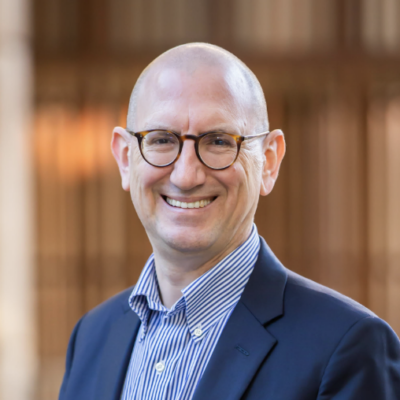Law school’s Religious Liberty Clinic Fights For Residential Homeless Ministry
Summary
The Stanford Daily reports on Stanford Law School's Religious Liberty Clinic's representation of a homeless ministry in Ventura, CA.
Members of Stanford Law School’s Religious Liberty Clinic presented in front of the Ventura City Council last Tuesday in defense of Harbor Community Church, a residential homeless ministry located in Ventura, Calif.
The clinic’s involvement marks a year since the program’s founding, during which the clinic — the first of its kind in the country — has worked on 19 cases spanning categories from prisoner rights and employment discrimination to constitutional free exercise and religious land use.
…
“We took them on as a religious liberty clinic because their zoning issues directly correlated to their religious mission,” said Courtney Quirós J.D. ‘14, a Clinic member. “They’re a church, and they should be able to operate as they see a church should operate.”
…
After the Clinic decided to take on the case, James Sonne, director of the Clinic, sent students to Ventura to interview the client.
“Meeting the client is something you can’t replicate in the classroom,” Sonne noted, emphasizing the importance of understanding the client before proceeding with further casework. “Now it’s a real person with a real problem.”
…
“Part of what makes the Religious Liberty Clinic such an amazing experience is the variety of areas of the law that it exposes students to,” said Paul Harold J.D. ‘14, a Clinic participant.
“The idea,” Sonne added, “is that you’re out there actually doing [law]. Good lawyers should be able to navigate tricky human situations because, at bottom, that’s what we’re talking about from a legal perspective.”
Quirós and Harold undertook interviews, conducted legal research and prepared to draft an appeal to the Ventura City Council.
…
On Jan. 26, Sonne and four fellow Clinic students drove to Ventura to present in front of the City Council, bringing together months of work with case supporters and the city of Ventura to an end. It was show time.
…
The next day, Clinic students presented at a six-hour hearing in front of the Council. Peyton Gulley J.D. ‘15, presented the Clinic’s case. Other speakers included two interfaith groups with an interest in the case and local residents who opposed the CUP.
Although Clinic students and Harbor will have to wait until March to receive a final decision from the Council, Quirós expounded on the importance of continuing work on unresolved cases from quarter to quarter.
“Religious liberty is an issue that is important no matter where we fall on the political spectrum,” she said, “no matter whether we consider ourselves religious or not, no matter where we come from.”
…
Sonne explained how each of the Clinic’s cases, whether dealing with religious land use or employment discrimination, has implications beyond the law itself.
“You can read about this stuff in a book or get a prepackaged set of facts,” Sonne said, “but students’ exposure to different cultures, different beliefs, different legal situations — it’s a deeply human way to learn the nuts and bolts of law.”
Read More
